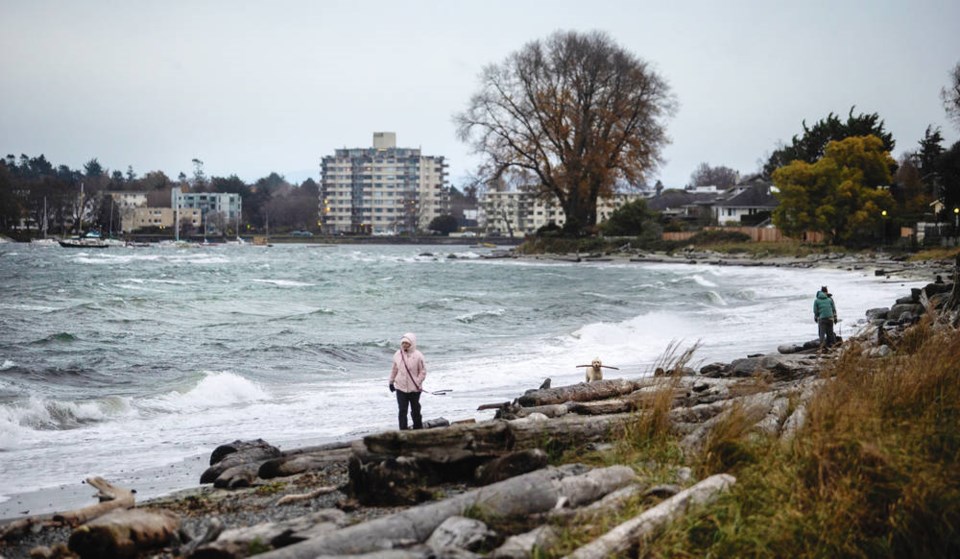We created Conversations for a One Planet Region with one simple mission: To establish and maintain community-wide conversations on one-planet living and a one-planet region.
Our concern is likewise very simple: We may be talking about and even acting on climate change — even though our actions usually fall short of our words — but we are not yet talking seriously about the far greater challenge of living as if we have four or five planets, when in reality, we only have one, never mind the implications of that realisation.
This is both a practical and a profound ethical challenge. In practical terms, we need to reduce our ecological footprint by 75 or 80 per cent, because we are taking far more than our fair share of the Earth’s limited biocapacity and resources.
This is where the ethical challenge comes in: In taking more than our fair share, we are inflicting an injustice on others around the world who get far less than their fair share, on future generations whose “inheritance” we are consuming, and on other species whose habitats and means of life we destroy.
Over time, we have come to see these ethical challenges as rooted in a wider frame of societal values that are best described as toxic: They are incompatible with sustaining life, health, society and nature over the long haul. So we need to change our core value set.
Among the toxic values we need to change are the excessive valuing of individualism to the neglect or even denial of the collective and our responsibilities towards the community; greed and materialism, so that success is measured solely in terms of how much wealth and stuff you have rather than the quality of life you lead; and seeing nature as apart from us and simply there for our use and profit, rather than something in which we are deeply embedded, a life-support system we share with all other life forms.
These are the three forms of disconnection that Jeremy Lent identifies in his 2017 book The Patterning Instinct.
He suggests they lie at the heart of the global challenges we are creating and are “inexorably leading human civilization to potential disaster.” So we have been exploring these ideas in our fall online Conversations series: What are the implications for our actions and policies if we place the valuing of nature, community and quality of life at the heart of our thinking and decisions? (We explore the final one, valuing quality of life, on Dec. 10.)
We see all this in a wider frame of cultural evolution, a concept we take from Joe Brewer and the Center for Applied Cultural Evolution. They define cultural evolution as simply the extension of Darwin’s concept of evolution “to the domains of social behaviours, practices, tools, and structures.” So how do we evolve to a culture that is fit for purpose in the 21st century, faced with the realities of ecological limits and social inequity?
Thus our task, which turns out to be Herculean, is to evolve a local culture and set of values here in the Greater Victoria region that shifts our community — all its people, organisations and institutions, including, of course, its economy — to one that has an ecological footprint equivalent to One Planet (our fair share), while ensuring a good quality of life for all — all — who live here.
Of course, we can’t to that alone, as a small and almost penniless organization. But then, we aren’t trying to. We want to work with any and all who share some or all of our hopes (and fears). We want to stimulate discussion and put this issue on the social and political agenda as the greatest challenge we face today – but one with many opportunities for a richer and better life.
This is, in many ways, similar to the challenges faced as we evolved from agrarian and aristocratic societies to industrialised and democatic societies in the 19th and early 20th centuries. This has led us to the concept of “bildung” — personal and cultural/societal maturation — and its application in the Nordic countries through “folk” or adult public education.
I will discuss this, and its relevance to today, in the coming weeks.



